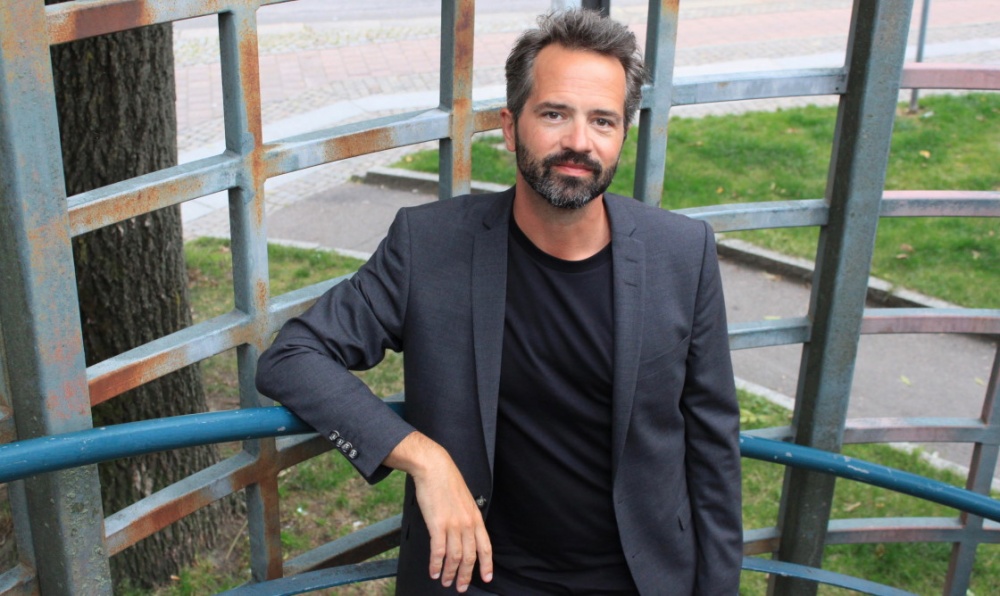Anna Kruszyńska: In your repertoire you often play music by Polish composers – Chopin, Szymanowski, Kilar, Maciejewski. Are Polish composers, of course apart Chopin, popular in the world? Or is there still much to be done to promote Polish compositions?
Peter Jablonski: Although with the recent celebrations of Panufnik’s and Lutosławski’s music behind us, there is still, of course, much to do to promote Polish music abroad. I am beginning to think of a particular Polish composer, André Tchaikowsky, whose music is still played too little and too rarely, even in Poland. There is so much wonderful music written by Polish composers. I am dedicated to doing as much as I can to make sure that Polish composers appear in my programmes as often as possible.
A.K.: You are a founding director of the Karlskrona Chamber Music Festival. What does work connected with the organization of the Festival give an active artist?
P.J.: Creative ideas, inspiration, and ability to open up the stage to a younger generation of musicians.
A.K.: You are a Professor of Piano at the Royal College of Music and you give many master classes. What do you think about the Swedish music education system? What place, among other subjects, takes music education, not only in music schools, but also in comprehensive ones?
P.J.: In my experience of education system in Sweden, UK, and in many other European places, music is not given the place it must have. Music helps children with a variety of skills, such as reading, mathematics, coordination, communication, creativity, among others. It is hugely disappointing to see the place for music being more and more diminished.
A.K.: Your repertoire is very broad. During the 4th Cracow Musical Autumn concert you will perform with your brother featuring pieces for two pianos by Mozart, Gershwin and Stravinsky. Is there a composer whose pieces you haven’t played yet, but you are interested in his/her works?
P.J.: There are always composers and works I am interested in playing, and I am always on a look out for new repertoire. Currently, I am interested in looking into the music of André Tchaikowsky, whose 'Inventions for Piano’ and his two piano concerti are of a particular interest. I am also preparing piano sonatas by Anton Rubinstein, a man without whom the music education in Russia would be completely different.
A.K.: You are the Ambassador of the “Save the Music” campaign. Why music, especially the one which is worthwhile listening to, is really important to people?
P.J.: Firstly, if a person wants to listen to music, it is wonderful, and there should not be a differentiation between what is worth listening to and what isn’t, because everyone is different, and everyone seeks out music that fulfils their current emotional needs. It is difficult to put a value judgement on something so subjective as art.
Music is a wonderful way to relax, to get inspired, to meet people, and to bring people together. In the world that is increasingly growing ugly and hostile, music, with its beauty and power to connect, is not a luxury but a necessity.

